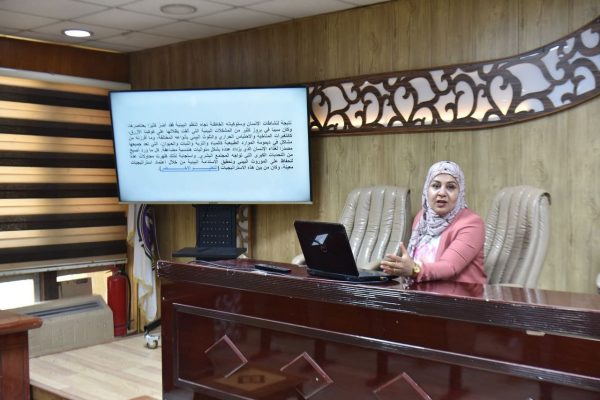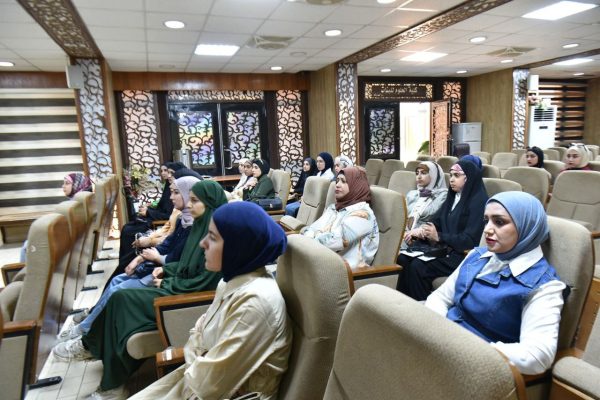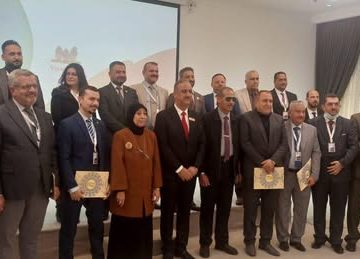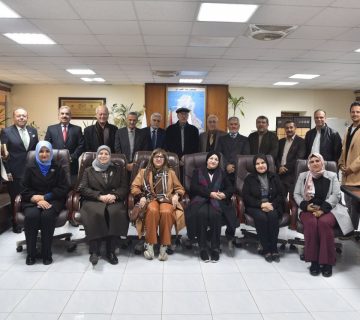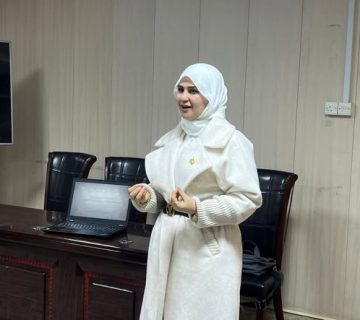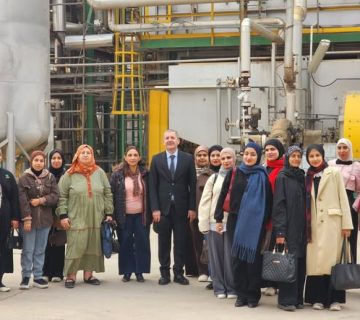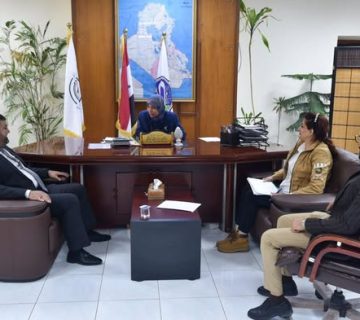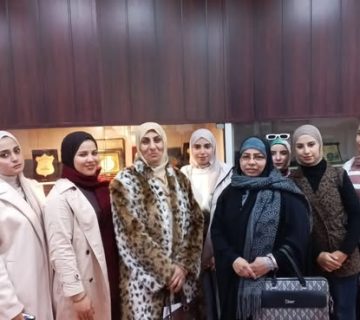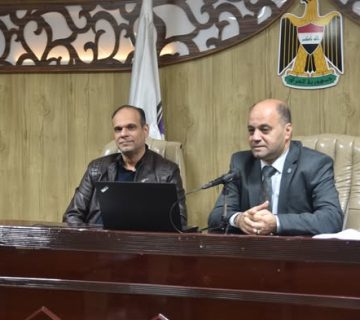Under the patronage of the Dean of the College, Professor Dr. Sameera Naji Khdim, the Women’s Affairs Unit, in collaboration with the Center for Women’s Studies, organized a workshop entitled “Green Education and Its Role in Achieving Sustainable Development”. The workshop was presented by Dr. Asmaa Jawad Kazem in the college conference hall, with the participation of several faculty members, staff, and female students.
The workshop aimed to shed light on the challenges posed by climate change, methods of addressing and mitigating its impact, and to emphasize the importance of green education as a vital tool for raising awareness among community members and employing it to build a better and more sustainable future for all.
Dr. Asmaa explained that modern education aspires to achieve sustainable development while keeping pace with technological advancements and utilizing them effectively across all elements of the educational process, yielding high-quality outcomes in line with environmentally friendly standards. She defined green education as “a comprehensive educational process that encompasses cognitive, skill-based, and emotional dimensions, aiming to prepare citizens capable of anticipating future environmental problems, and equipping and training them with scenarios to confront these challenges, thereby helping to mitigate their effects.” She further noted that green education is considered one of the contemporary concepts and an educational model that serves environmental objectives. It has gained the attention of most countries around the world and is recognized as a framework concerned with creating attractive natural environments through building design, green spaces, and the promotion of eco-friendly activities.
The workshop included an explanation of strategies and methods capable of achieving green education, most notably by promoting participation in green initiatives, encouraging research in green education, implementing effective plans to manage environmentally harmful waste, supporting the shift towards clean energy, and preserving the environment to confront the risks of climate change.
The workshop also highlighted several tools of green education, particularly technology, which is regarded as a powerful instrument in this field. It enables learners to access relevant information, data, and analytical tools, and supports environmental engagement. Digital tools such as simulations, interactive maps, and online learning platforms were presented as effective means for learners to interact with complex environmental issues in a dynamic and engaging way.
The session concluded with a series of questions and contributions from the attendees, which were addressed and clarified by the lecturer.
